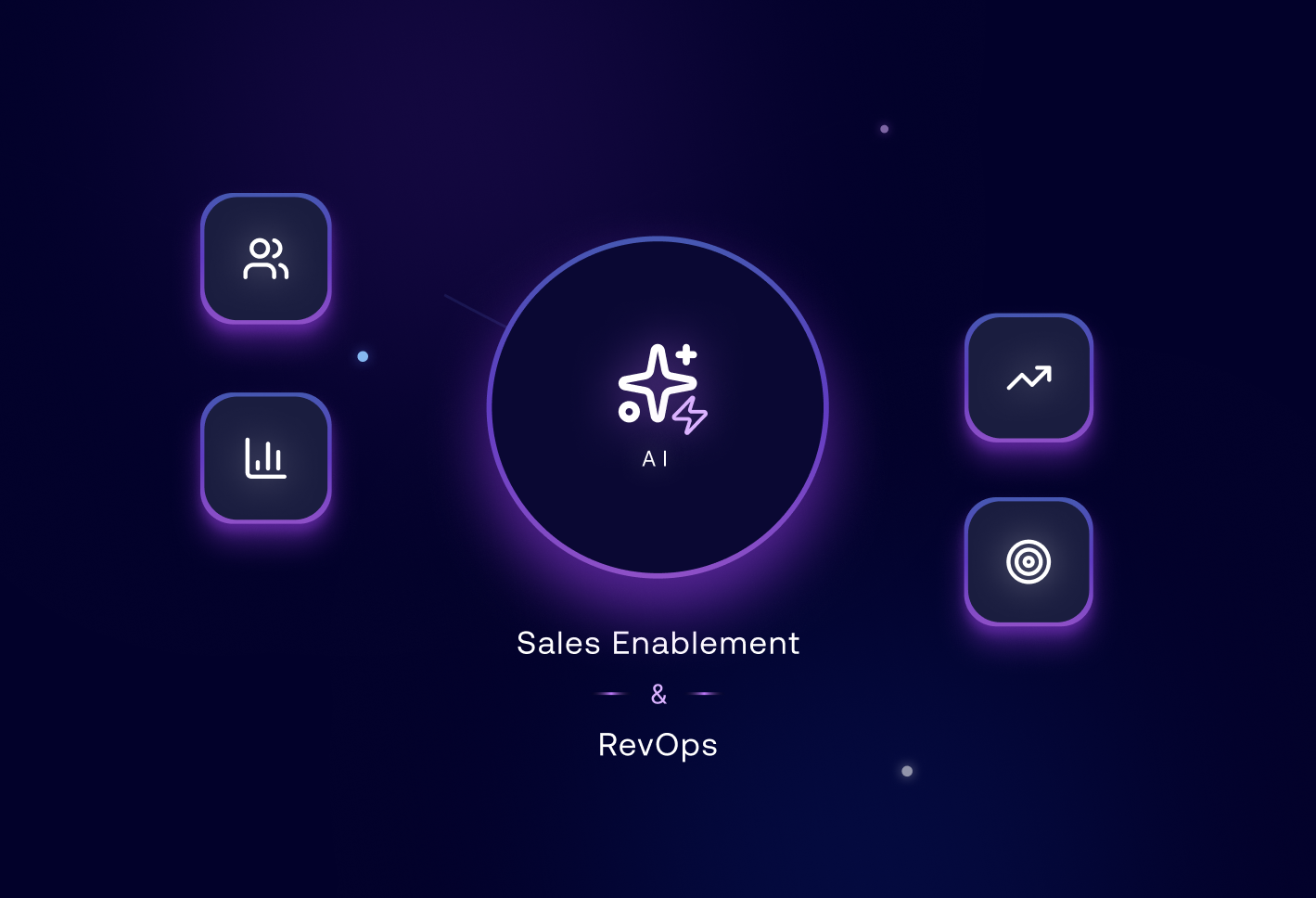Why Smart Qualification Is the New Sales Superpower: Insights from the Ebsta x trumpet Report
About the Report
In partnership with Ebsta, we examined the sales pipelines of 387 companies, analysed over 655,000 opportunities, and surveyed more than 2,000 CROs and sales leaders to understand how the best teams qualify deals and where others fall short.
This report shows that the top-performing sellers are not just building pipeline, they are building precision. With deal slippage, forecasting accuracy and seller efficiency under pressure, qualification has become one of the highest-leverage skills in a sales organisation.
At trumpet, we believe qualification is not a single step. It is a mindset.
Well-qualified deals win 6.3x more often
Let us start with the stat that cuts through the noise: well-qualified deals are 6.3 times more likely to close.
This leap in win rate, from just 8 percent for poorly qualified deals to 50 percent for highly qualified ones, proves that qualification is more than admin. It is a performance multiplier.
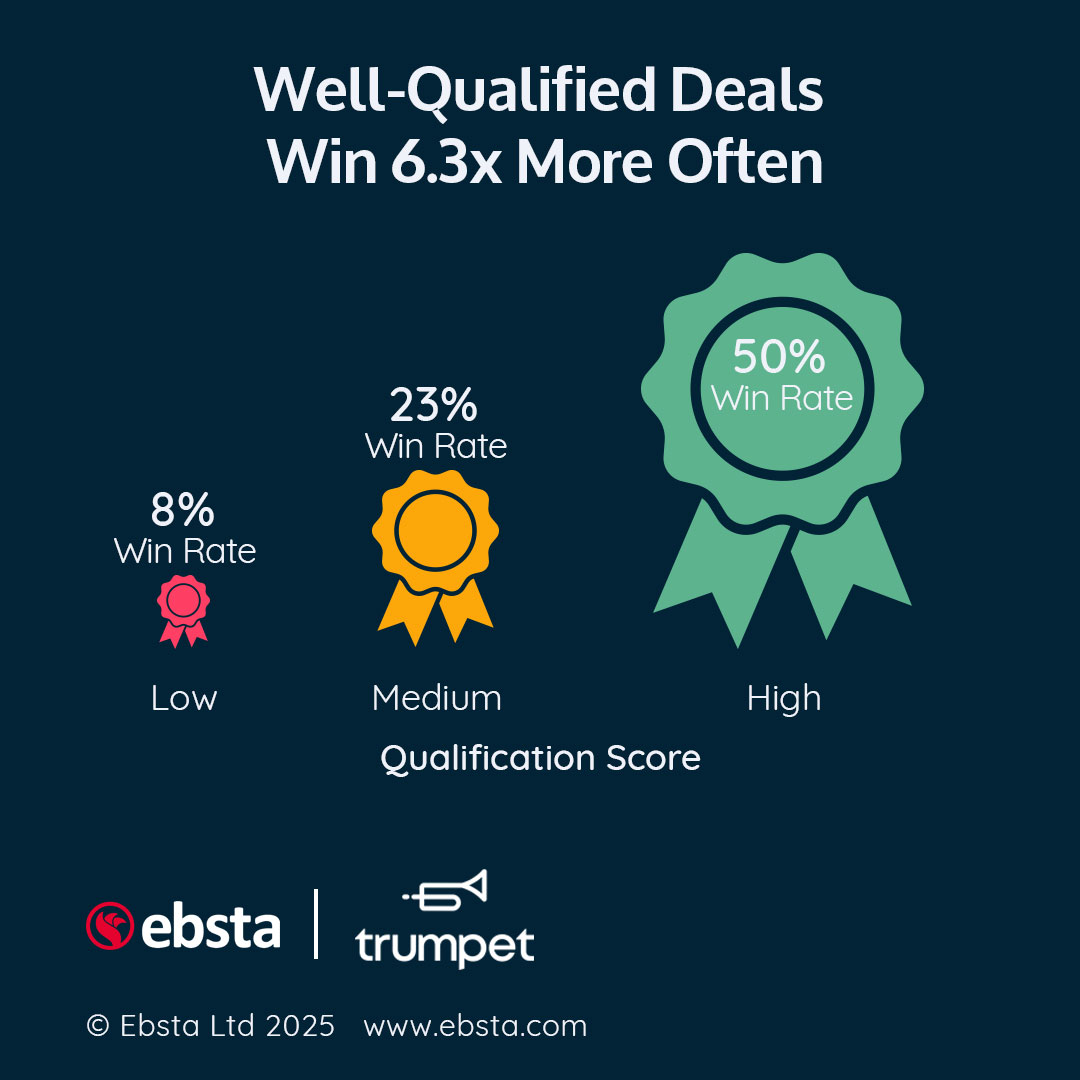
Qualification provides the clarity sellers need to focus their time, coach effectively, and build pipeline that converts.
Stronger qualification means faster closures
Qualification does not just impact win rate. It also significantly reduces sales cycle length.
Highly qualified deals close, on average, in 71 days. In contrast, average deals take 91 days. They are also nearly twice as likely to slip.
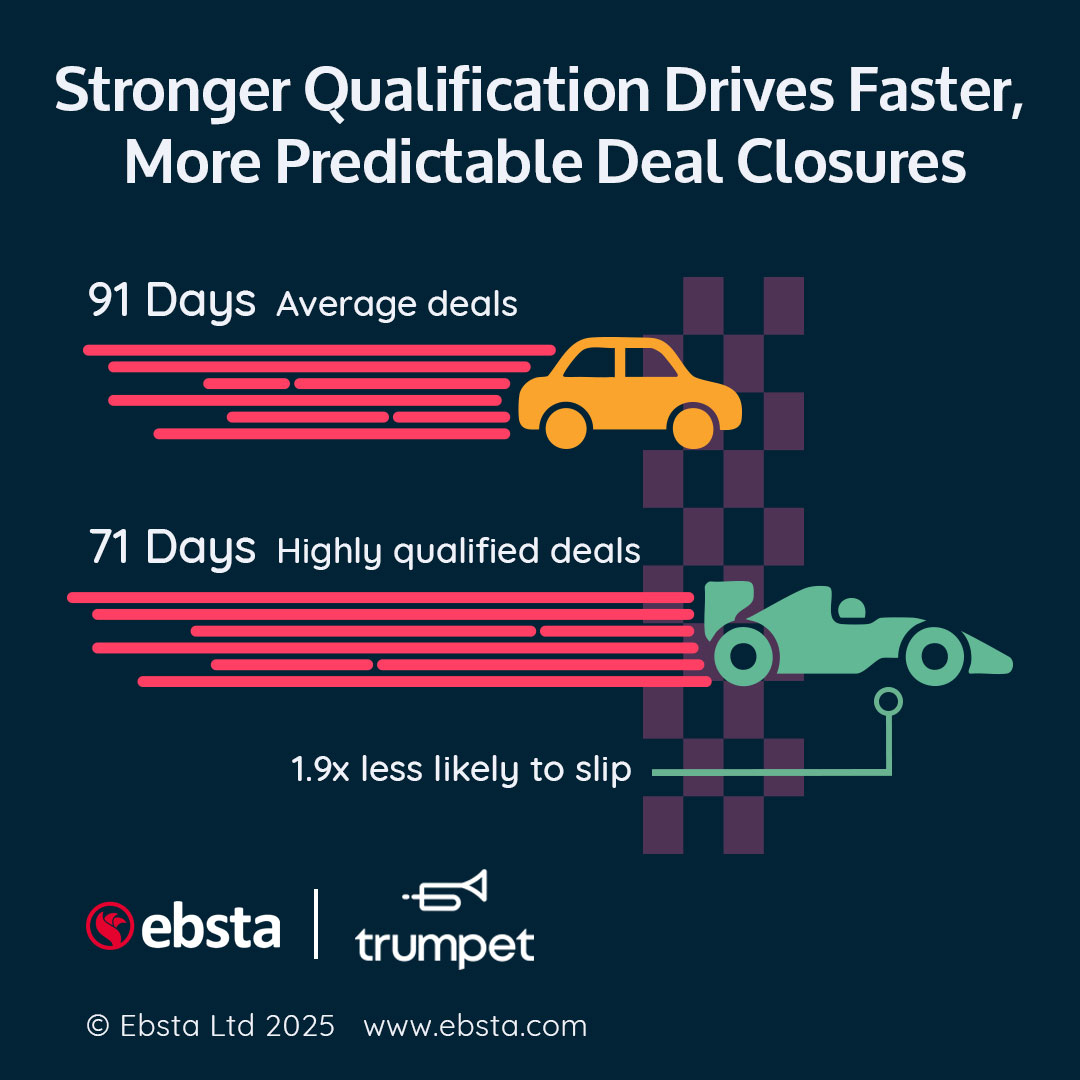
This tells us that better-qualified deals not only convert more often, they convert more predictably. When sellers identify the right stakeholders and validate the buying process early, they move faster and avoid late-stage friction.
Qualification is a journey, not a one-off event
Top-performing teams treat qualification as an evolving discipline throughout the deal cycle. They do not try to collect everything in Discovery. Instead, they reinforce and deepen qualification in stages.
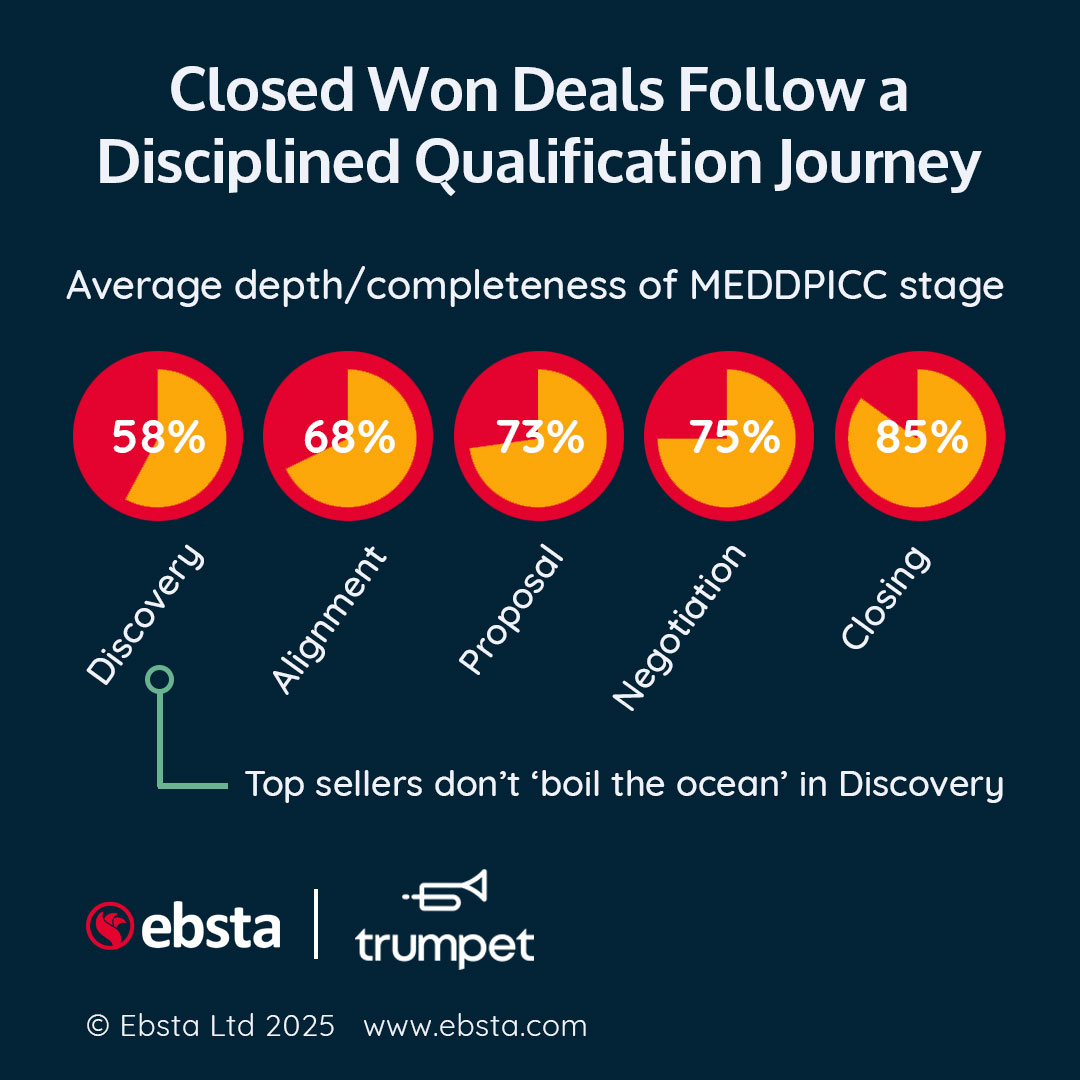
This progression matters. Deals that closed successfully had only 58 percent completeness in Discovery, but that figure rises to 85 percent by Closing. The takeaway? The best sellers qualify continuously, not just once.
Only 36 percent of sellers qualify properly at discovery
Despite the clear value of qualification, most sellers still miss the mark. Only 36 percent of deals passing Discovery included both a qualification score and supporting notes.
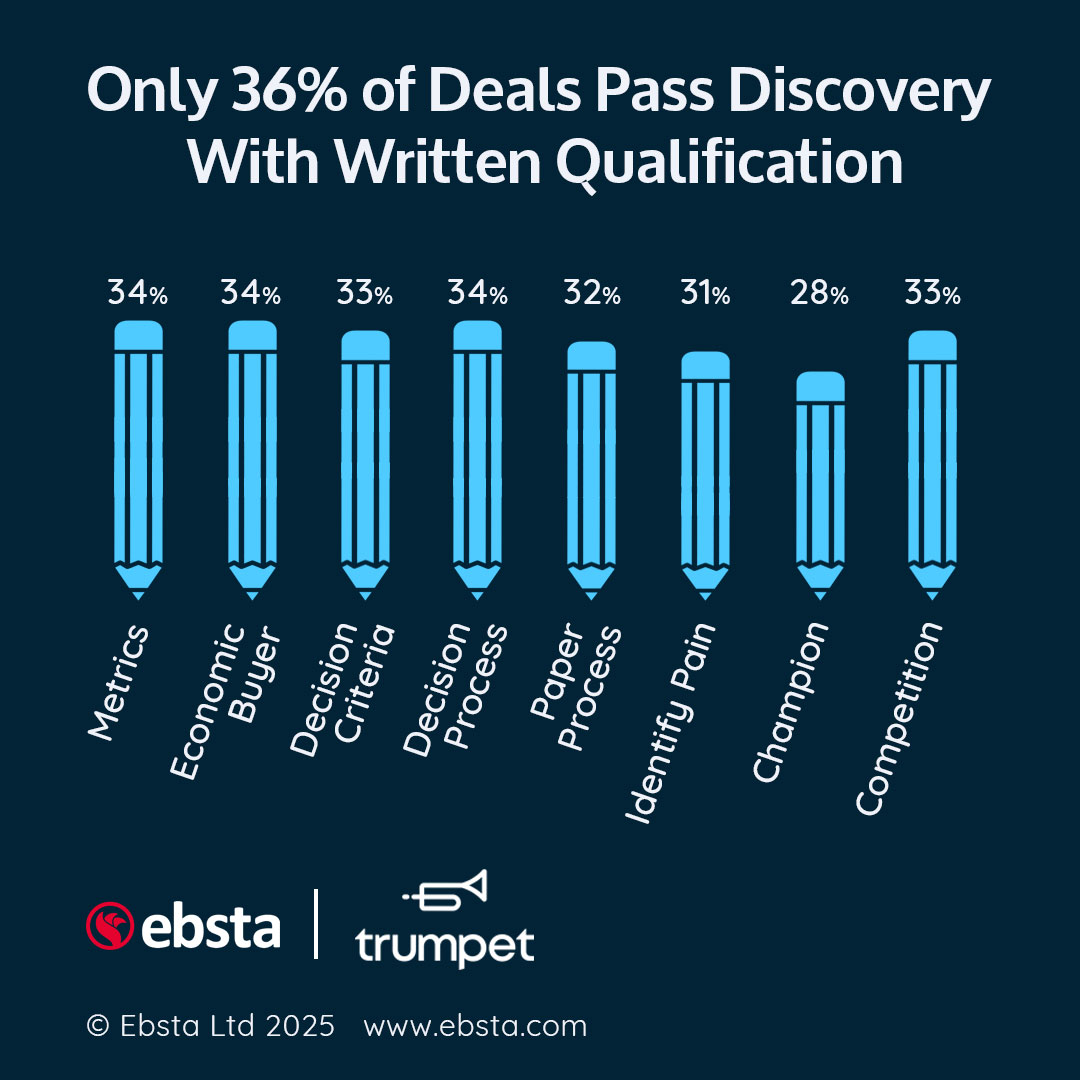
Even when teams use frameworks like MEDDPICC, usage tends to be surface-level. Key areas such as Economic Buyer, Decision Process and Paper Process are often left incomplete, creating risks for late-stage slippage and inaccurate forecasting.
Disqualification is just as strategic as qualification
The best sales teams are not afraid to say no. They disqualify rigorously, focusing only on high-fit prospects. In doing so, they protect their time, improve forecasting accuracy, and create more space for quality pipeline.
At trumpet, our AI-powered sales rooms give reps clear engagement signals that help identify when a deal is worth pursuing or when to cut it loose. This clarity is a crucial part of qualification, especially in fast-moving sales environments.
The key takeaway
Top sellers do not just qualify. They requalify. They use qualification to drive clarity, not compliance. And in doing so, they win more often, slip less, and move faster.
The data is clear: qualification is not a checkbox. It is a core strategy for growth in 2025.
FAQ's
What is sales qualification?
Sales qualification is the process of evaluating whether a potential buyer is a good fit. It assesses needs, urgency, budget, authority and intent to buy, often using structured frameworks like MEDDPICC.
What is MEDDPICC and how is it used?
MEDDPICC stands for Metrics, Economic Buyer, Decision Criteria, Decision Process, Paper Process, Identify Pain, Champion and Competition. It provides a structured way to assess deal health and forecast accuracy.
How often should sellers qualify a deal?
Qualification should happen throughout the deal. It starts in Discovery but continues as new information arises, stakeholders change and priorities evolve.
What is disqualification and why does it matter?
Disqualification is identifying and removing low-fit prospects early. It prevents wasted time and allows sellers to focus on higher-value opportunities with a real chance to close.
How does trumpet help with qualification?
Trumpet's digital sales rooms enable reps to track engagement, share personalised content and collaborate with champions. These insights surface buying signals and qualification gaps, helping sellers move more strategically.

.svg)
.svg)
.svg)
.svg)
.svg)
.svg)
.svg)
.svg)
.svg)
.png)
.svg)
.svg)
.svg)
.svg)

.svg)
.svg)
%201.svg)
.svg)
%201.svg)



.svg)




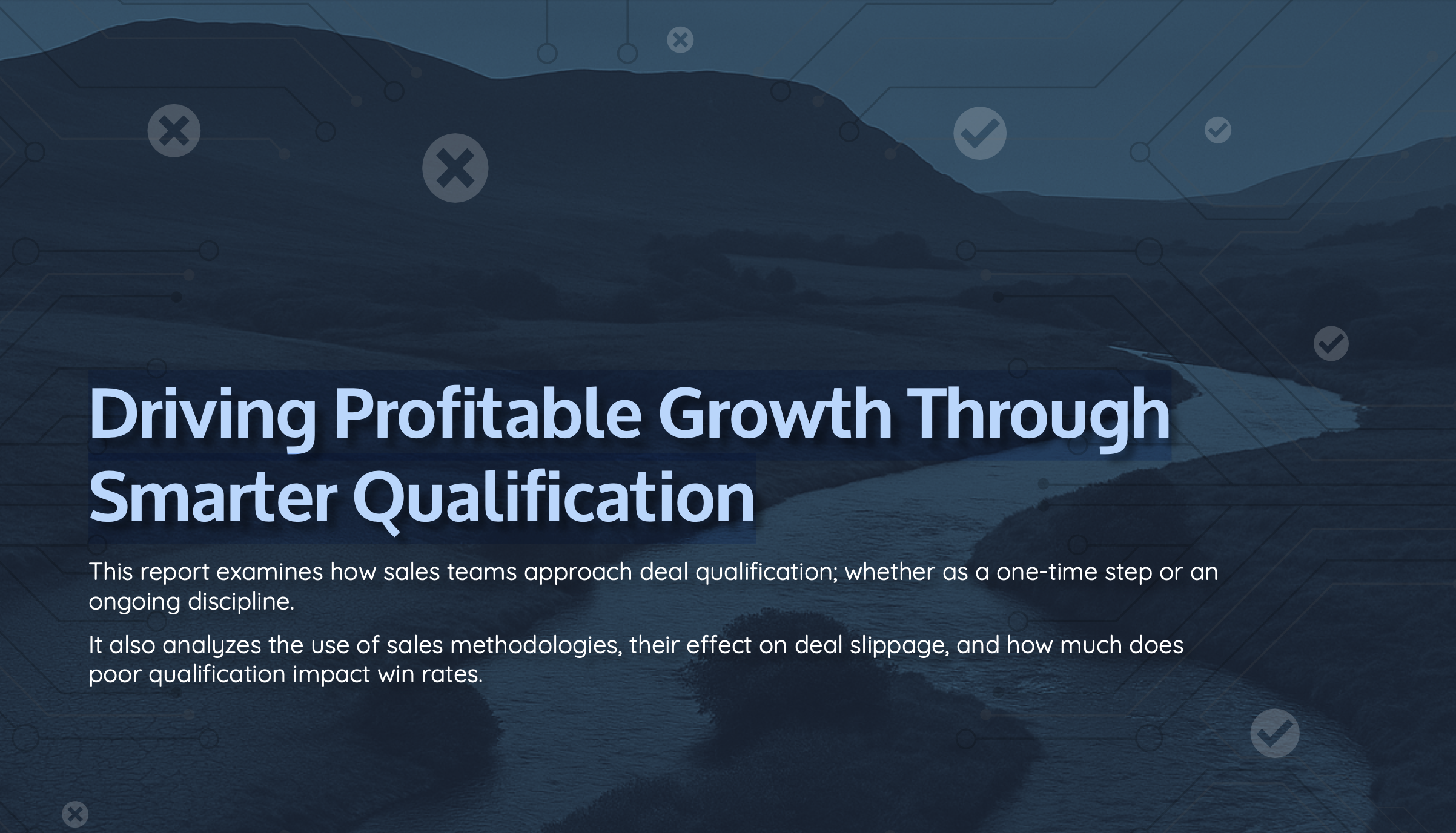








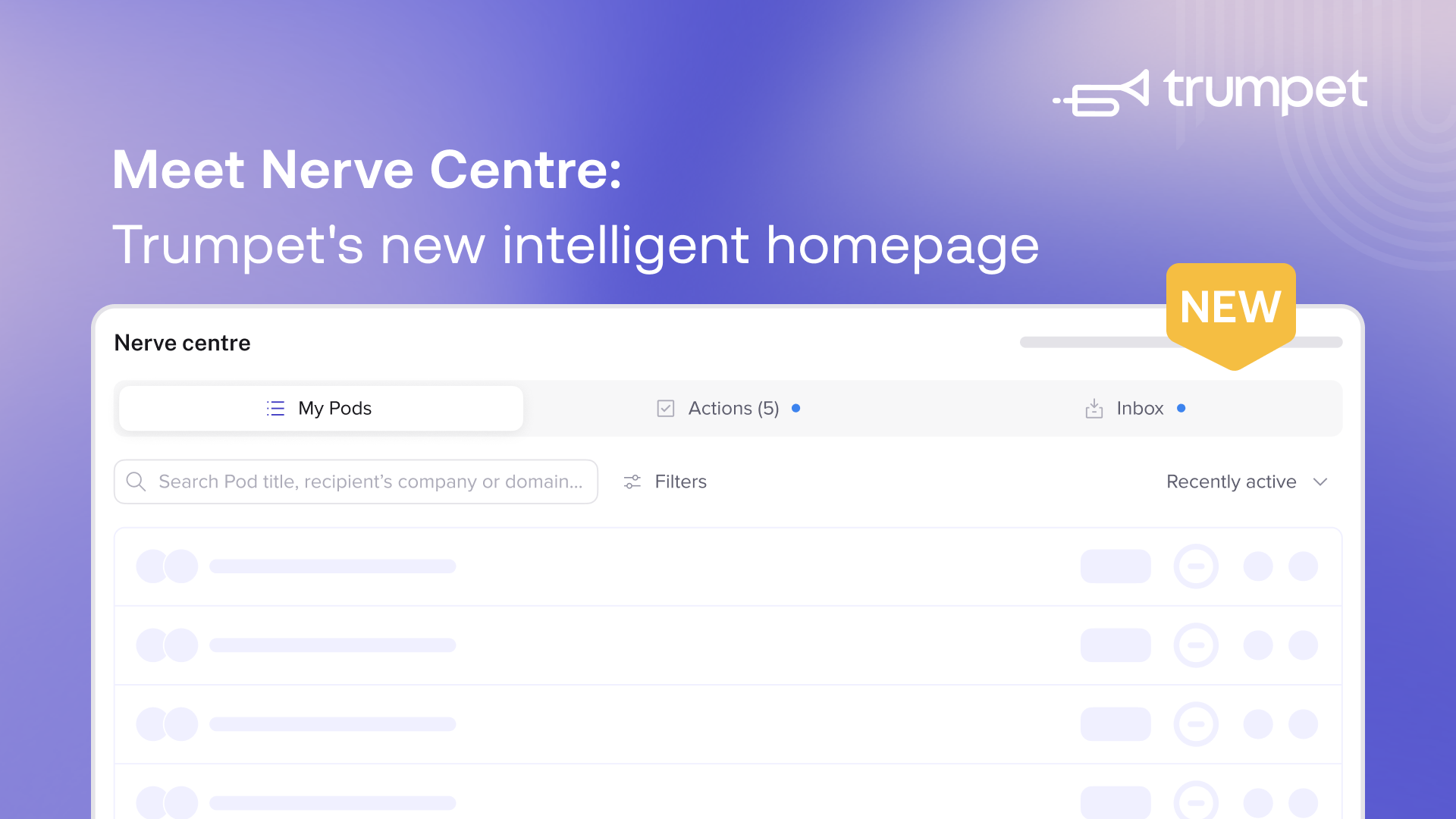
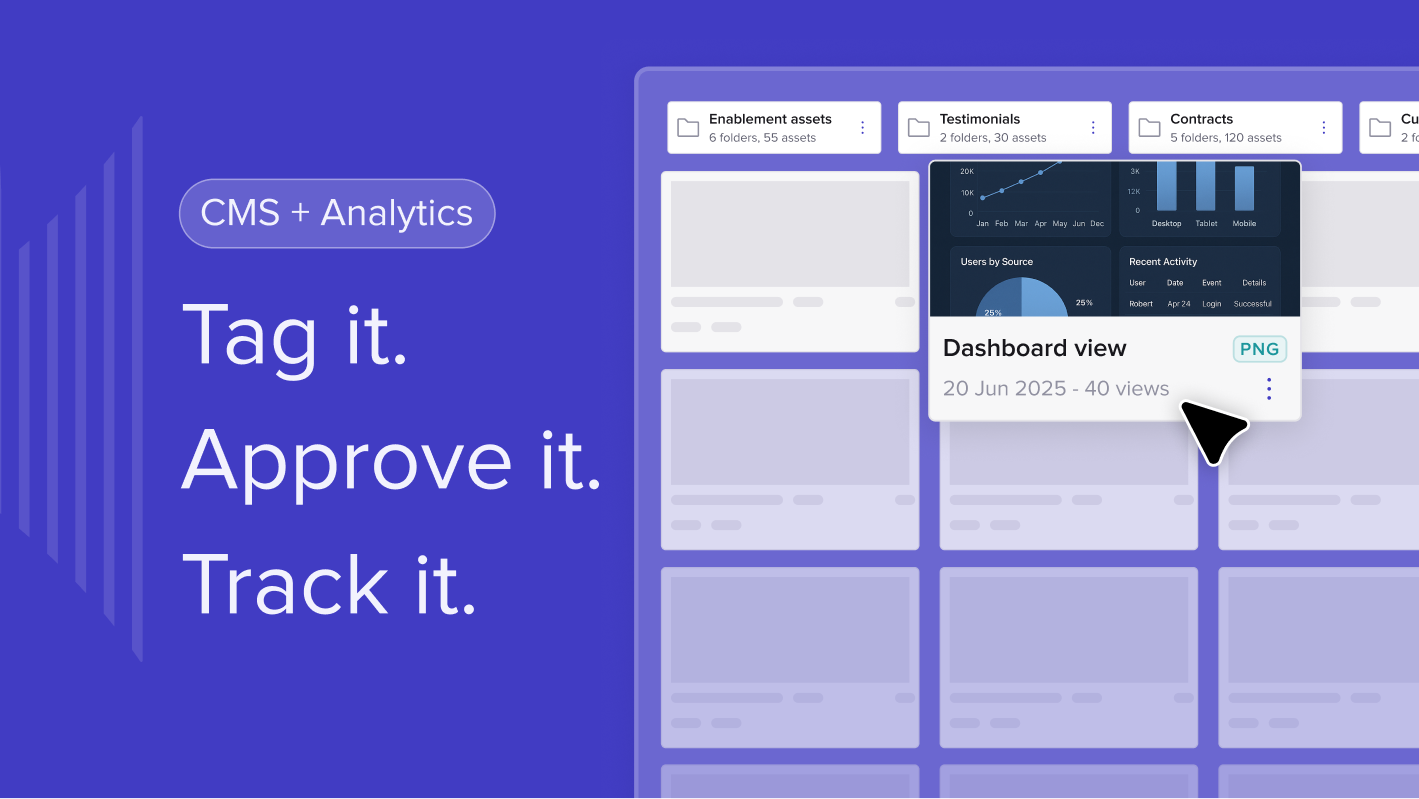

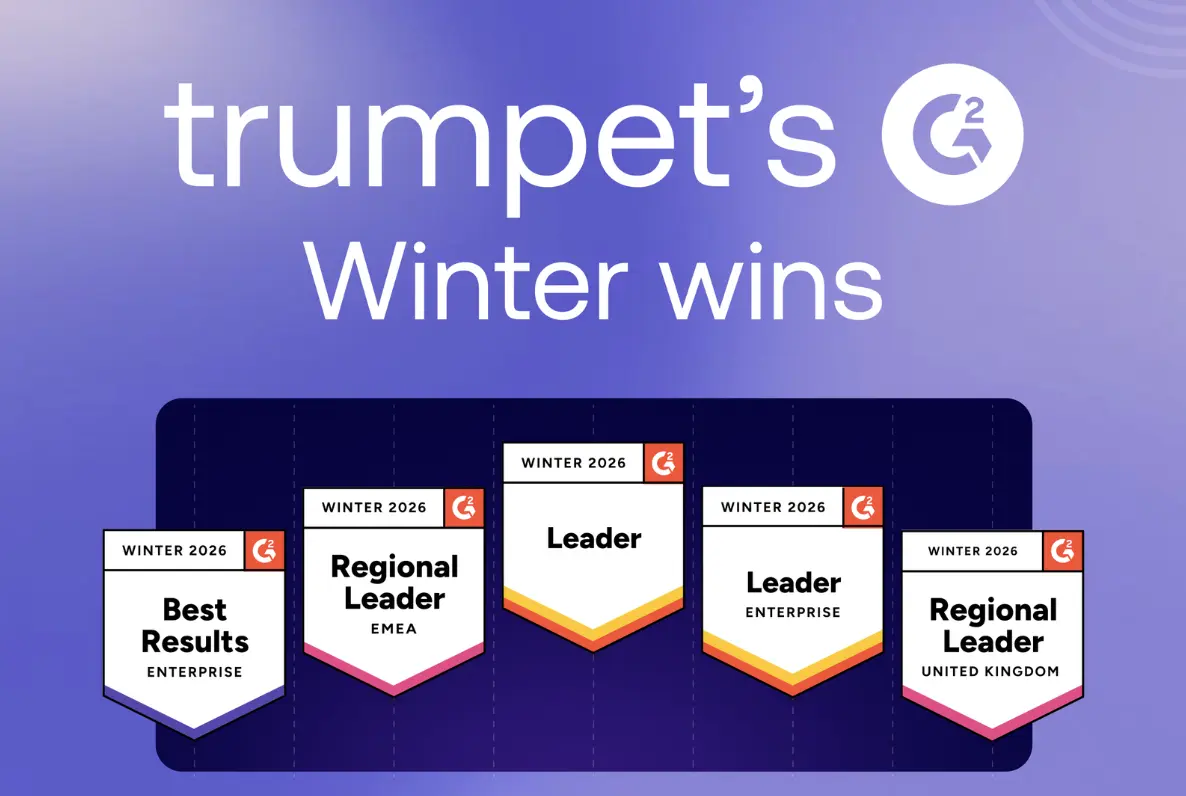

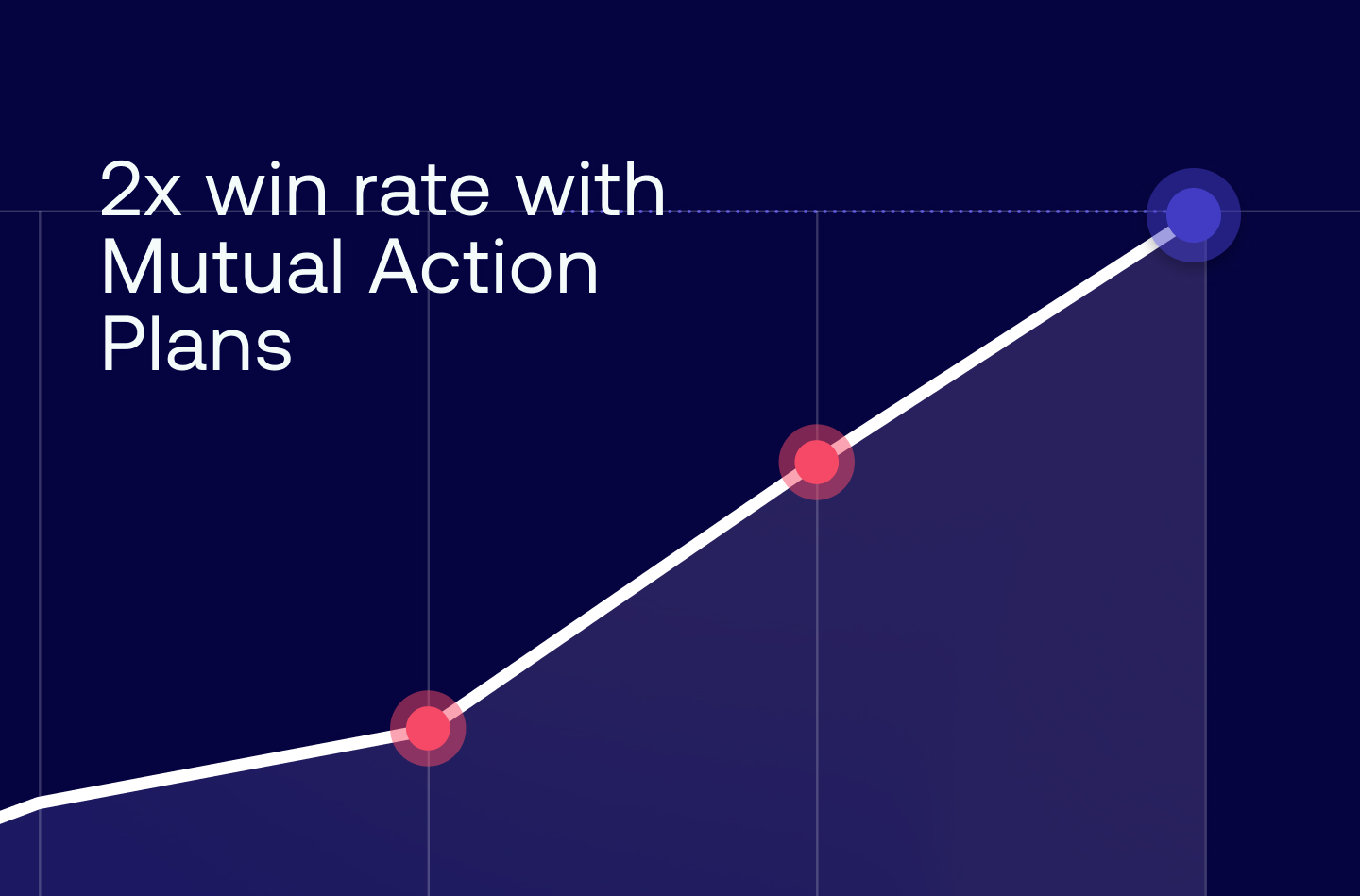
.png)
